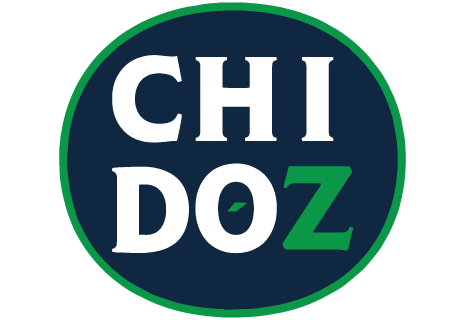Specialisation 1: Language Learning and Teaching across the Lifespan
Specialisation 1: Language Learning and Teaching across the Lifespan
This specialisation focuses on first and second language acquisition in naturalistic settings, as well as foreign language teaching and learning in school settings. The four courses take an interdisciplinary approach at the intersection of psycholinguistics, pedagogy, (developmental, social and cognitive) psychology, sociolinguistics and clinical linguistics. You will learn about current scientific and societal debates regarding new approaches to language teaching, multilingualism and the development of linguistic attitudes. You will also familiarize yourself with a plethora of research methods and learn to apply them in research projects. This specialisation offers a perfect preparation for the Master’s programme in Meertaligheid en taalverwerving (in Dutch), the Research Master’s programmes in Linguistics and Educational Sciences, as well as the teacher training Master’s programme.
Block 1:
The Acquisition of English in a Diverse Social World (EN3V24003)
This course will look at how children acquire the sounds, words, syntactic structures and pragmatics of their language, and on how they handle the exposure to the linguistic differences that the diverse social world poses. in this course you will explore how English-learning children learn how to use language to navigate and make sense of their social world.
Block 2:
Eng-Approaches to English Language Teaching (EN3V24002)
This course will actively engage students in collaborative learning, peer teaching, and reflective practices. You will learn how to get a comprehensive understanding of how to create inclusive, engaging, and effective language learning environments. This course serves as a valuable steppingstone for aspiring language educators seeking to inspire and empower language learners. Additionally, it caters to students with a keen interest in language learning and education, offering a rich and insightful exploration of these interconnected domains. Each week focuses on a specific aspect of language teaching, ensuring a holistic understanding of the intricacies involved in guiding language learners.
Block 3:
Development of the Multilingual Mind (EN3V24004)
This course introduces students to the scientific study of multilingualism. The following key questions are addressed in the course: How do languages interact in the multilingual mind? What are the linguistic and cognitive consequences of multilingual development? How much exposure to each language is enough to reap the benefits of multilingualism? Why are some children better second language learners than others? How can we distinguish between the effects of reduced exposure (in multilingual contexts) and reduced uptake (caused by language disorders)?
Block 4:
The Psychology of Second Language Acquisition (EN3V24005)
This course introduces students to approaches to second language acquisition (SLA) rooted in the field of psychology. It will focus on topics such as the learning processes involved when learning English as a second language, the relation between brain and language, multimodality of language learning, and individual factors potentially linked with variation in L2 achievement. Students will also familiarise themselves with psycholingistic and neurolinguistic methods widely used in SLA research, learn to investigate questions on the afore-mentioned topics, including analysing existing data (e.g. FAIR data), designing experiments to collect new data, and reporting and interpreting results of data analysis.



